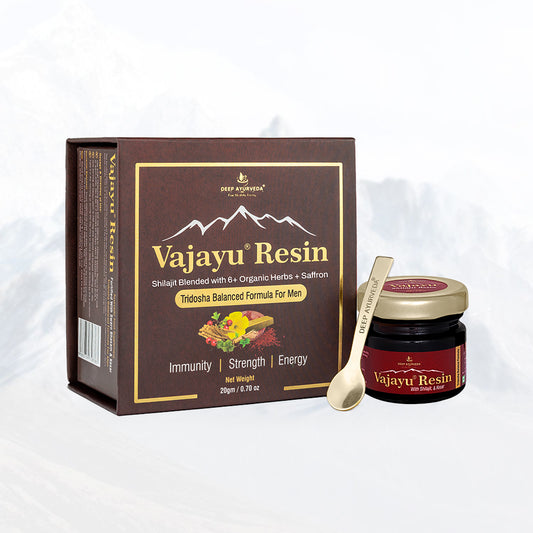Introduction
The liver is one of the most vital organs in the human body, yet many people don’t fully understand its importance. If you're wondering, "What is the liver, and how does it work?" you're in the right place. In this blog post, we’ll break down the functions of the liver, how it operates, and why maintaining liver health is essential for overall well-being.
What is the liver?
The liver is a large, reddish-brown organ located in the upper right side of the abdominal cavity, just beneath the diaphragm. It weighs about 3 pounds in adults and performs over 500 essential functions to keep the body healthy.
It is the largest internal organ and also the largest gland in the human body.
How Does the Liver Work?
Understanding how the liver works involves knowing its role in the body’s metabolism, detoxification, and digestion.

1. Detoxification
One of the liver’s primary roles is to filter toxins from the blood. Everything you consume—food, alcohol, medication—passes through the liver. It neutralizes harmful substances and converts them into waste products, which are then excreted through urine or feces.
2. Metabolism Support
The liver helps metabolize carbohydrates, fats, and proteins.
-
Carbohydrates: Converts excess glucose into glycogen for storage.
-
Fats: Breaks down fats and produces bile to aid digestion.
-
Proteins: Removes ammonia, a byproduct of protein digestion, converting it into urea.
3. Bile Production
The liver produces bile, a digestive fluid that helps break down fats in the small intestine. Without bile, the digestion and absorption of fats would be difficult.
4. Storage of Nutrients
It stores vitamins (A, D, E, K, and B12), minerals (like iron and copper), and glycogen for quick energy release when needed.
5. Blood Clotting Regulation
The liver produces proteins necessary for blood clotting, helping to stop bleeding and heal wounds.
Why Is the Liver Important?
The liver is essential because it:
-
-
Removes toxins from the body
-
Helps digest and absorb nutrients
-
Regulates blood sugar levels
-
Supports immune function
-
Stores essential vitamins and minerals
-
Removes toxins from the body
Without a healthy liver, your body would be unable to perform basic metabolic and regulatory functions.
Final Thoughts
Understanding what the liver is and how it works is crucial for taking control of your health. The liver is a powerhouse organ that supports digestion, detoxification, metabolism, and more. Protecting your liver health through good lifestyle choices can improve your overall wellness and prevent serious diseases like fatty liver, hepatitis, and cirrhosis.







